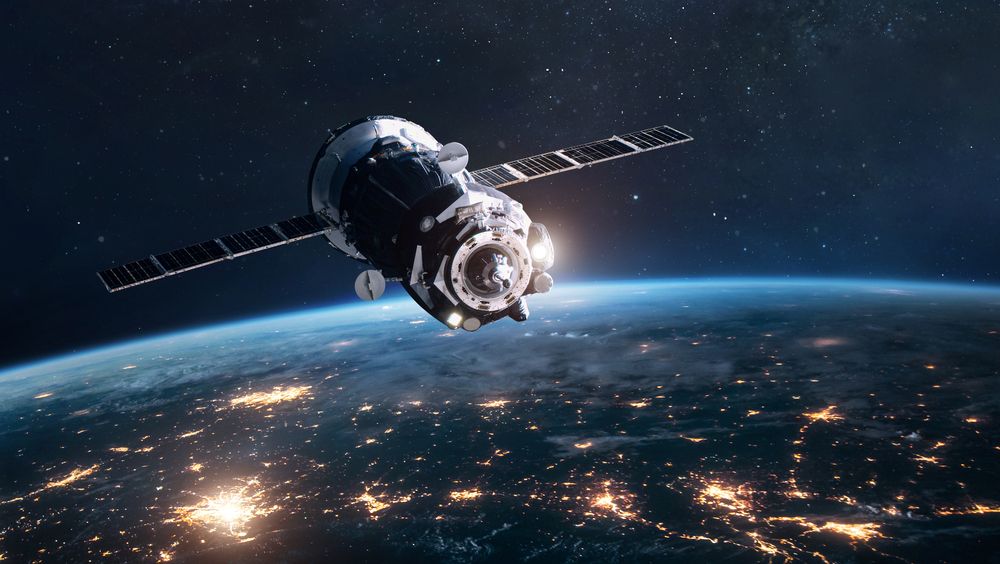
The vast expanse of space has always been a source of awe and inspiration, a realm of unfathomable mysteries and boundless possibilities. In recent decades, this cosmic arena has transformed from a government-dominated sector to a burgeoning commercial marketplace. The rise of private space exploration companies has not only reignited our collective imagination but has also given birth to an entirely new industry: space insurance. As we stand on the cusp of a new era, where space tourism, satellite launches, and interplanetary missions are becoming more commonplace, the importance of understanding and managing the risks associated with these ventures has never been more critical. In this article, we will delve into the intricacies of the space insurance market, examining the unique risks it presents and the opportunities it offers beyond Earth.
Understanding Space Risks:
Space is inherently risky. From technical failures to collisions with orbital debris, the potential for loss is significant. One of the primary concerns for insurers is the launch phase, where a considerable number of space mission failures occur. The volatility of this phase is due to the immense physical stresses and the complexity of the technology involved. Moreover, once in orbit, spacecraft face additional hazards such as space weather, including solar flares and cosmic radiation, which can disrupt or damage sensitive equipment.
The longevity of space missions introduces another layer of risk. Unlike traditional aviation, where an aircraft’s risk ends with the safe landing of its passengers and crew, satellites and other space assets can be operational for years, or even decades. This prolonged exposure to the harsh environment of space increases the likelihood of technical malfunctions over time.
Insurance Policies for the Great Beyond:
As with other forms of insurance, space insurance policies are tailored to the specific needs and risks of the client. Coverage can include pre-launch, launch, and in-orbit operations. The underwriting process for space insurance is complex and requires a deep understanding of aerospace engineering, as well as the objectives of the mission. Insurers must carefully assess the reliability of the launch vehicle, the satellite’s design, and the track record of the companies involved.
The premiums for space insurance can be steep, reflecting the high-risk nature of the industry. However, as the market matures and more data becomes available, insurers are developing more sophisticated models to price these risks more accurately. This has the potential to lower premiums, making space insurance more accessible to a broader range of players in the industry.
The Role of Reinsurance in Space Exploration:
Given the high stakes involved in space missions, reinsurance plays a crucial role in the space insurance market. Reinsurers provide a safety net for insurers, allowing them to underwrite large policies without shouldering the entire risk themselves. This sharing of risk is especially important in the space industry, where a single claim can amount to hundreds of millions of dollars.
Reinsurance also encourages innovation by giving insurers the confidence to underwrite new and unproven technologies. As humanity’s ambitions in space continue to grow, the role of reinsurance will only become more significant in enabling these pioneering ventures.
Emerging Markets and New Technologies:
The space insurance market is evolving rapidly alongside advancements in space technology. The emergence of small satellites and constellations, reusable launch vehicles, and space tourism are creating new categories of risk that insurers are learning to navigate. Each of these developments carries its challenges, from the increased collision risk posed by large constellations of small satellites to the human safety concerns inherent in space tourism.
Insurers must also stay abreast of advancements in space situational awareness—tracking and predicting the movement of objects in space—to better assess collision risks. As new technologies and markets emerge, insurers who can adapt quickly and develop expertise in these areas will find themselves well-positioned to capitalize on the opportunities presented by this final frontier.
The Future of Space Insurance:
The space insurance market is still in its nascent stages, but its potential is as boundless as space itself. As commercial space activities expand and space becomes more accessible, the demand for insurance products will grow. This growth will require the insurance industry to continue innovating and developing new products and services to meet the needs of space entrepreneurs and explorers.
In the coming years, we may see the development of new insurance products that cater to the specific requirements of lunar bases, asteroid mining operations, and even interplanetary travel. The insurers who can navigate the complexities of space risk management will not only contribute to the safety and viability of space ventures but also share in the success of an industry that is quite literally reaching for the stars.
The emergence of the space insurance market represents a significant step forward in humanity’s quest to explore and utilize space. The risks involved in space exploration are unlike any faced on Earth, requiring a deep understanding of a host of interstellar variables. However, where there are risks, there are also opportunities—both for those who dare to venture beyond our planet and for the insurers who support them.
As the space industry continues its upward trajectory, the role of space insurance will become increasingly central to its sustainability and growth. By managing and mitigating the risks of space endeavors, insurers enable the dreamers, the innovators, and the explorers to push the boundaries of what is possible. The final frontier may be vast and uncertain, but with the emergence of space insurance, we take a significant step toward making the cosmos not just a place of wonder, but a realm of opportunity.
